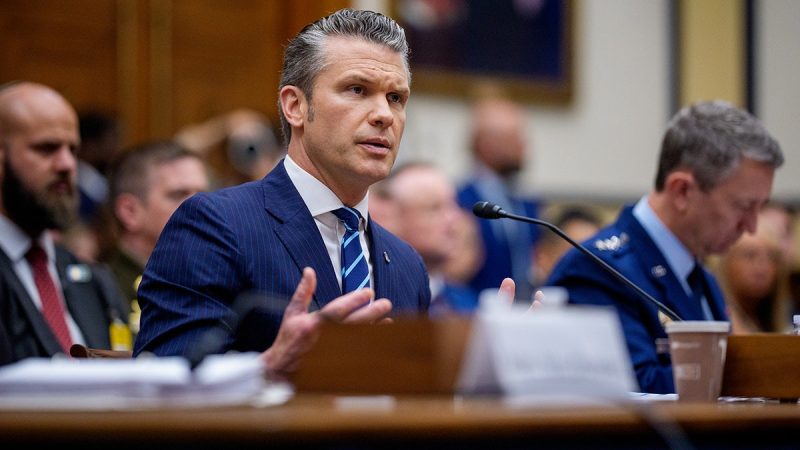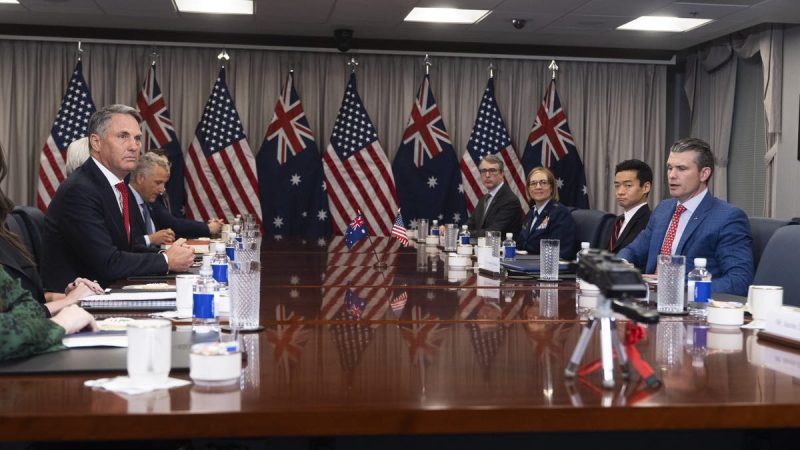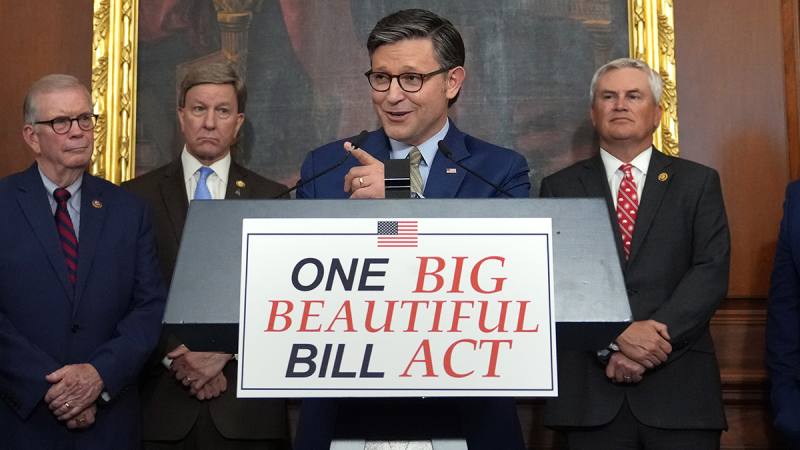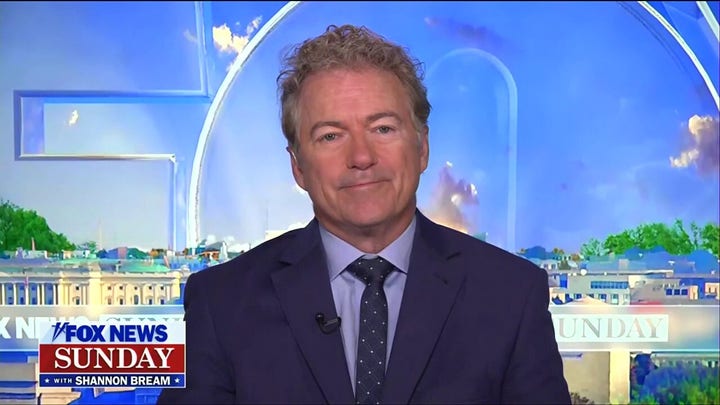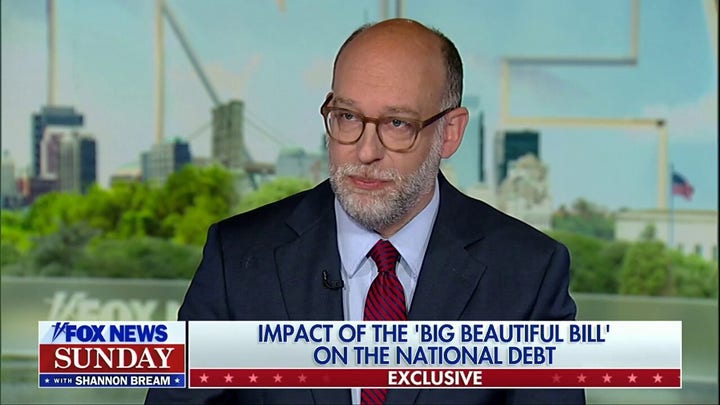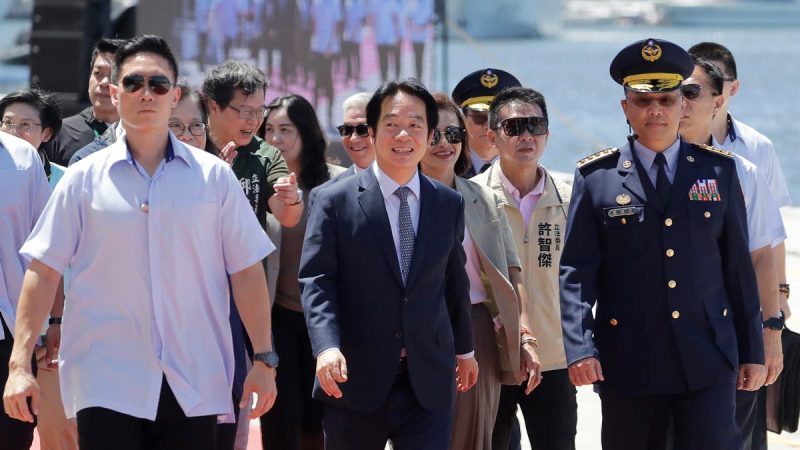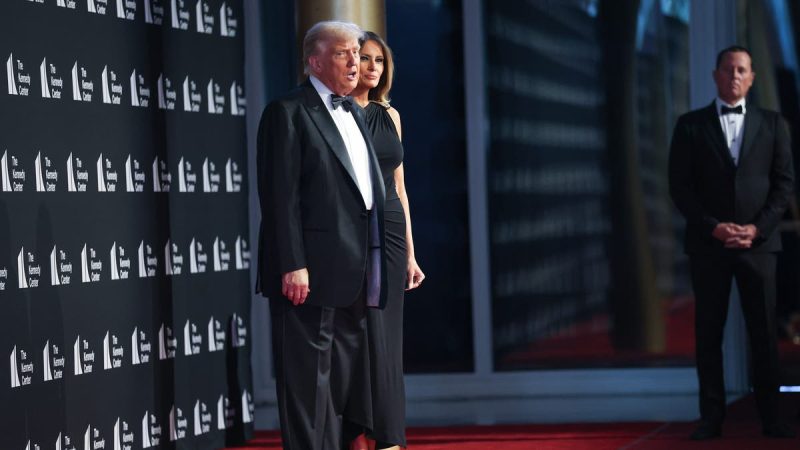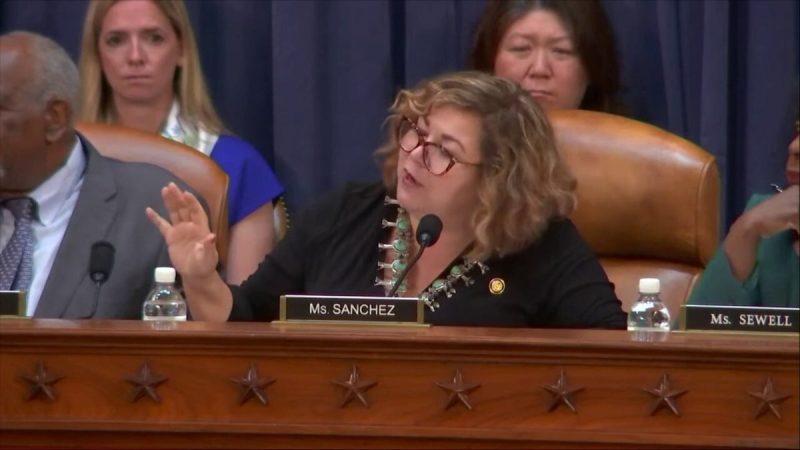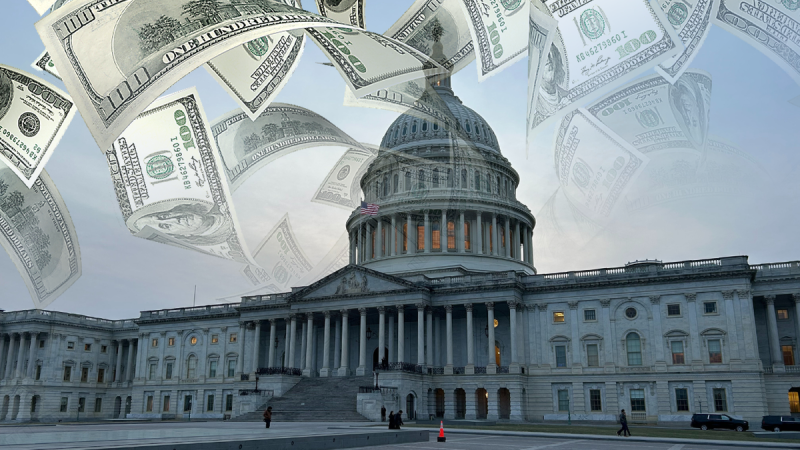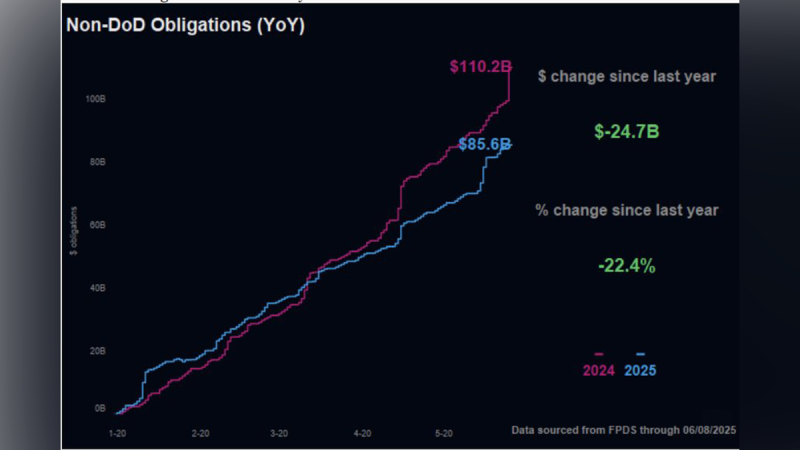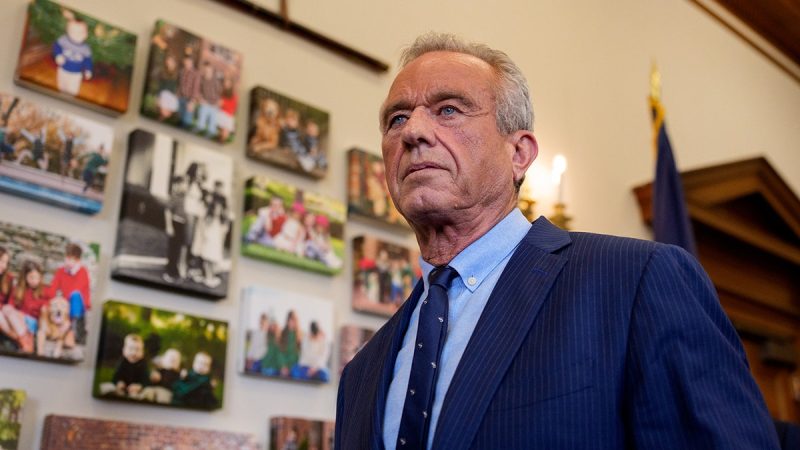
Health and Human Services Secretary Robert F. Kennedy Jr. announced Wednesday that he has selected eight new people to join the national vaccine panel after firing all 17 of its members.
In an X post, Kennedy revealed that he ‘took a major step towards restoring public trust in vaccines’ on Monday by reconstituting the Advisory Committee for Immunization Practices (ACIP).
‘I retired the 17 current members of the committee. I’m now repopulating ACIP with the eight new members who will attend ACIP’s scheduled June 25 meeting,’ Kennedy wrote on Wednesday. ‘The slate includes highly credentialed scientists, leading public-health experts, and some of America’s most accomplished physicians. All of these individuals are committed to evidence-based medicine, gold-standard science, and common sense.’
The new members are: Joseph R. Hibbeln, MD; Martin Kulldorff, MD, PhD; Retsef Levi, PhD; Robert W. Malone, MD; Cody Meissner, MD; James Pagano, MD; Vicky Pebsworth, OP, PhD, RN; and Michael A. Ross, MD.
The secretary said all eight people ‘have each committed to demanding definitive safety and efficacy data before making any new vaccine recommendations.’ He said the committee will review safety and efficacy data for the current schedule.’
Notably, Kulldorff was one of the co-authors of the Great Barrington Declaration, which was written alongside Dr. Sunetra Gupta of Oxford University and Dr. Jay Bhattacharya of Stanford University.
The declaration, published in October 2020, promoted lifting lockdown orders sooner and allowing COVID-19 to spread among young, healthy people to more quickly reach herd immunity. The strategy also included precautions to shield those most vulnerable to severe illness, and the authors said the approach would help mitigate the long-term societal and economic harms of prolonged lockdown orders.
It was condemned harshly at the time by the World Health Organization and Dr. Anthony Fauci, then-Director of the U.S. National Institute of Allergy and Infectious Diseases.
On Tuesday, before he announced his picks, Kennedy said, ‘We’re going to bring great people onto the ACIP panel – not anti-vaxxers – bringing people on who are credentialed scientists.’
Kennedy on Monday ousted all 17 members of the ACIP, saying he would appoint a new group before the next scheduled meeting in late June. The agenda for that meeting has not yet been posted, but a recent federal notice said votes are expected on vaccinations against flu, COVID-19, HPV, RSV and meningococcal bacteria.
ACIP members typically serve staggered four-year terms, although several appointments were delayed during the Biden administration before positions were filled last year. The voting members all have scientific or clinical expertise in immunization, except for one ‘consumer representative’ who can bring perspective on community and social facets of vaccine programs. The committee, created in 1964, makes recommendations to the director of the Centers for Disease Control and Prevention.
Kennedy provided a brief biography of each of his new picks.
Hibbeln is a psychiatrist and neuroscientist with a career in clinical research, public health policy and federal service.
‘As former Acting Chief of the Section on Nutritional Neurosciences at the National Institutes of Health, he led research on immune regulation, neurodevelopment, and mental health,’ Kennedy wrote. ‘His work has informed U.S. public health guidelines, particularly in maternal and child health. With more than 120 peer-reviewed publications and extensive experience in federal advisory roles, Dr. Hibbeln brings expertise in immune-related outcomes, psychiatric conditions, and evidence-based public health strategies.’
Kulldorff is a biostatistician and epidemiologist formerly at Harvard Medical School and a leading expert in vaccine safety and infectious disease surveillance.
‘He has served on the Food and Drug Administration’s Drug Safety and Risk Management Advisory Committee and the CDC’s Vaccine Safety Subgroup of the Advisory Committee on Immunization Practices, where he contributed to national vaccine safety monitoring systems,’ Kennedy wrote, adding that he developed tools used ‘for detecting disease outbreaks and vaccine adverse events.,’ and has expertise that ‘includes statistical methods for public health surveillance, immunization safety, and infectious disease epidemiology.’
Levi is the Professor of Operations Management at the MIT Sloan School of Management and a leading expert in healthcare analytics, risk management, and vaccine safety.
‘Dr. Levi has collaborated with public health agencies to evaluate vaccine safety, including co-authoring studies on mRNA COVID-19 vaccines and their association with cardiovascular risks. His research has contributed to discussions on vaccine manufacturing processes, safety surveillance, and public health policy,’ Kennedy wrote, adding that Levi ‘has also served on advisory committees and engaged in policy discussions concerning vaccine safety and efficacy,’ and that his ‘work continues to inform national and international debates on immunization safety and health system resilience.’
Malone is a physician-scientist and biochemist known for his early contributions to mRNA vaccine technology, specifically ‘foundational research in the late 1980s on lipid-mediated mRNA delivery, which laid the groundwork for later developments in mRNA-based therapeutics,’ Kennedy wrote, adding that Malone’s ‘expertise spans molecular biology, immunology, and vaccine development.’
Meissner is a Professor of Pediatrics at the Geisel School of Medicine at Dartmouth and a nationally recognized expert in pediatric infectious diseases and vaccine policy.
‘He has served as Section Chief of Pediatric Infectious Disease at Dartmouth-Hitchcock Medical Center and has held advisory roles with both the Centers for Disease Control and Prevention (CDC) and the Food and Drug Administration (FDA),’ Kennedy wrote, adding that Meissner was a voting member of the CDC’s Advisory Committee on Immunization Practices and the FDA’s Vaccines and Related Biological Products Advisory Committee, through which ‘he has contributed to national immunization guidelines and regulatory decisions.’
‘His expertise spans vaccine development, immunization safety, and pediatric infectious disease epidemiology. Dr. Meissner has also been a contributing author to American Academy of Pediatrics policy statements and immunization schedules, helping shape national standards for pediatric care.’
Pagano is a board-certified Emergency Medicine physician with over 40 years of clinical experience following his residency at UCLA.
‘He has worked in diverse emergency settings, from Level 1 trauma centers to small community hospitals, caring for patients across all age groups, including infants, pregnant women, and the elderly,’ Kennedy wrote, adding that he has also served on various committees and medical executive boards. ‘He is [a] strong advocate for evidence-based medicine.’
Pebsworth earned a doctorate in public health and nursing from the University of Michigan.
‘She has worked in the healthcare field for more than 45 years, serving in various capacities, including critical care nurse, healthcare administrator, health policy analyst, and research scientist with a focus on public health policy, bioethics, and vaccine safety,’ Kennedy wrote, pointing to her current leadership role with the National Association of Catholic Nurses, and previous positions with the FDA’s Vaccine and Related Biological Products Advisory Committee, the National Vaccine Advisory Committee’s 2009 H1N1 Vaccine Safety Risk Assessment Working Group and Vaccine Safety Working Group.
Ross is a Clinical Professor of Obstetrics and Gynecology at George Washington University and Virginia Commonwealth University, with a career spanning clinical medicine, research, and public health policy.
‘He has served on the CDC’s Advisory Committee for the Prevention of Breast and Cervical Cancer, where he contributed to national strategies for cancer prevention and early detection, including those involving HPV immunization,’ Kennedy wrote, pointing to his experience with ‘clinical investigations with immunologic relevance,’ advising organizations like the American College of Obstetricians and Gynecologists, and advocacy efforts related to women’s health.
‘His continued service on biotech and healthcare boards reflects his commitment to advancing innovation in immunology, reproductive medicine, and public health,’ Kennedy added.
The Associated Press contributed to this report.



